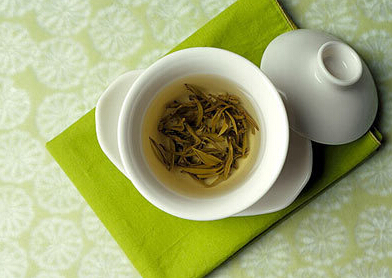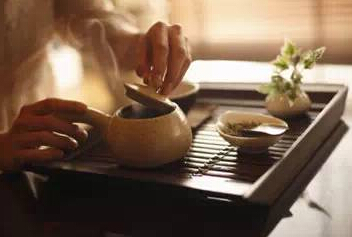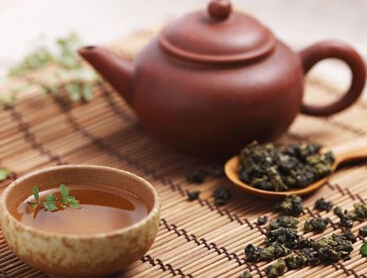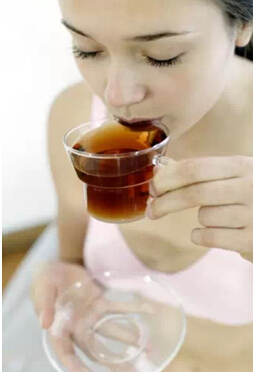Drinking tea requires attention not only to the type of tea but also to the timing. It is well-known that tea should not be consumed before bedtime, as it may disrupt sleep. Similarly, drinking tea on an empty stomach is also inadvisable. Let’s take a closer look at these situations when tea should be avoided.

1. Avoid drinking tea on an empty stomach
Drinking tea on an empty stomach dilutes stomach acid and inhibits gastric secretion, which can hinder digestion. It may also cause symptoms such as palpitations, headaches, stomach discomfort, dizziness, and irritability—known as "tea drunkenness"—and interfere with protein absorption, potentially leading to gastritis. If "tea drunkenness" occurs, sucking on candy or drinking some sugar water can help alleviate the symptoms.

2. Avoid drinking tea while intoxicated
Tea leaves stimulate the central nervous system, and drinking strong tea while intoxicated can increase the burden on the heart. Tea also accelerates diuresis, causing toxic aldehydes from alcohol to be excreted by the kidneys before being fully broken down, which can harm kidney health. Therefore, people with heart or kidney conditions or weakened functions should avoid tea, especially strong tea in large quantities. For healthy individuals, drinking a small amount of strong tea is acceptable. To sober up, consuming plenty of fruit or sipping vinegar can help speed up metabolism.

3. Avoid drinking tea before bedtime
It is best not to drink tea within two hours before sleep, as it can stimulate the mind, disrupt sleep, or even cause insomnia—especially with freshly harvested green tea, which is highly stimulating. If you must drink tea in the evening or with friends, opt for milder teas like white tea or black tea, and keep the brew light.

4. Avoid drinking tea while taking medication
Medications vary widely in composition and properties, so whether tea can be consumed with them cannot be generalized. The tannins and theophylline in tea can chemically interact with certain drugs. For example, when taking sedatives, iron supplements, enzyme-based medications, or protein-rich drugs, tea polyphenols may react with iron, forming precipitates and reducing efficacy. Some herbal medicines, such as ephedra, uncaria, and coptis, should also not be taken with tea. Generally, it is advisable to avoid tea for two hours after taking medication. However, when consuming certain vitamins, tea has no negative effect—in fact, tea polyphenols can enhance the absorption and retention of vitamin C in the body.